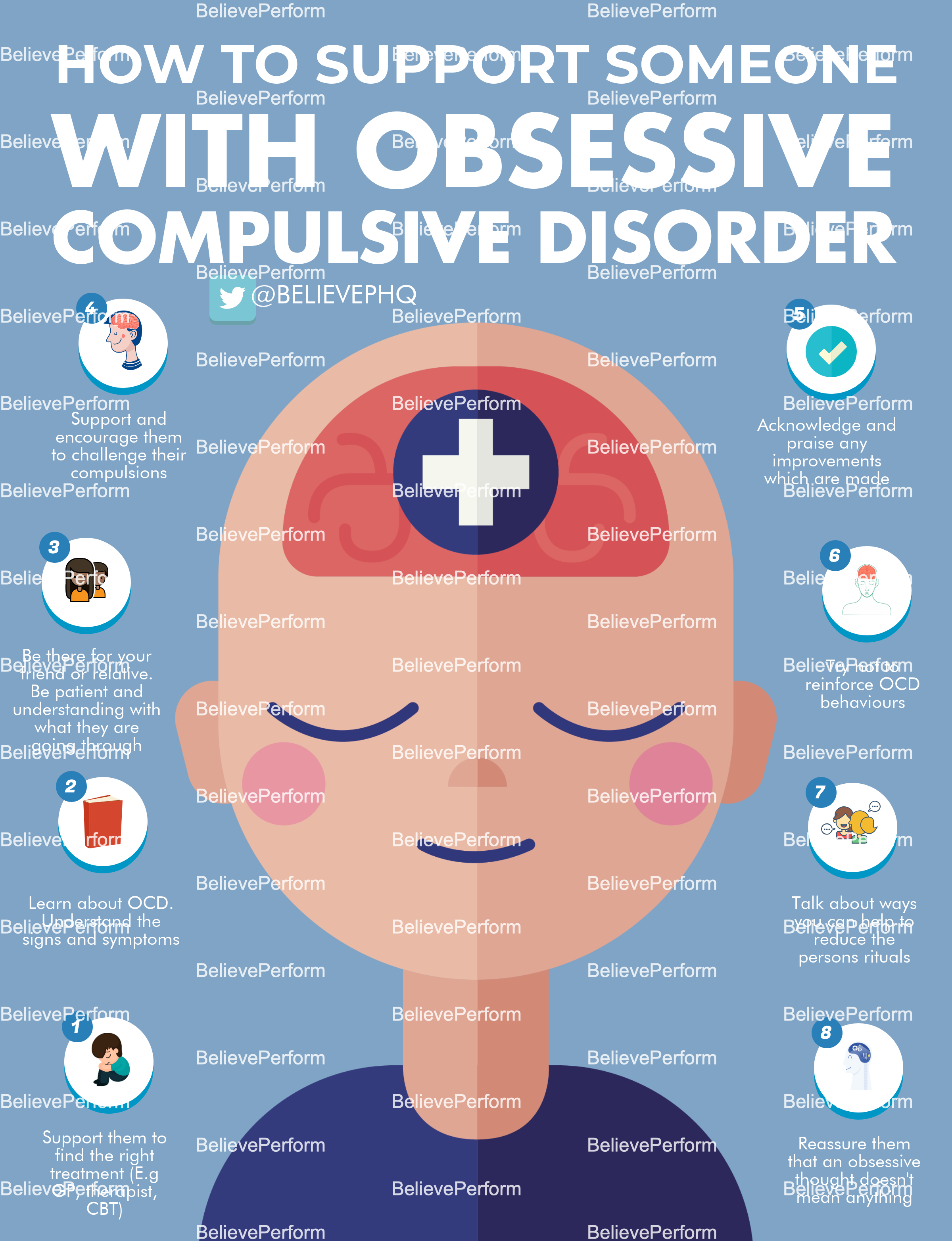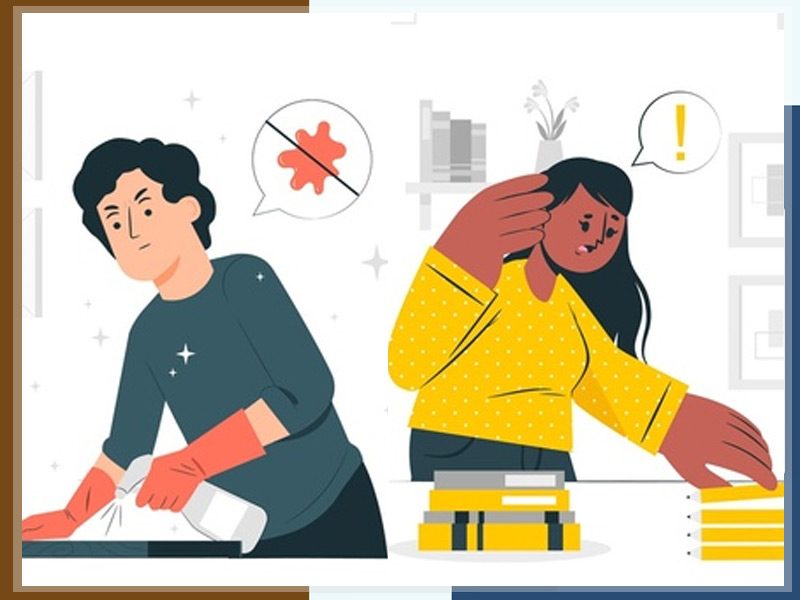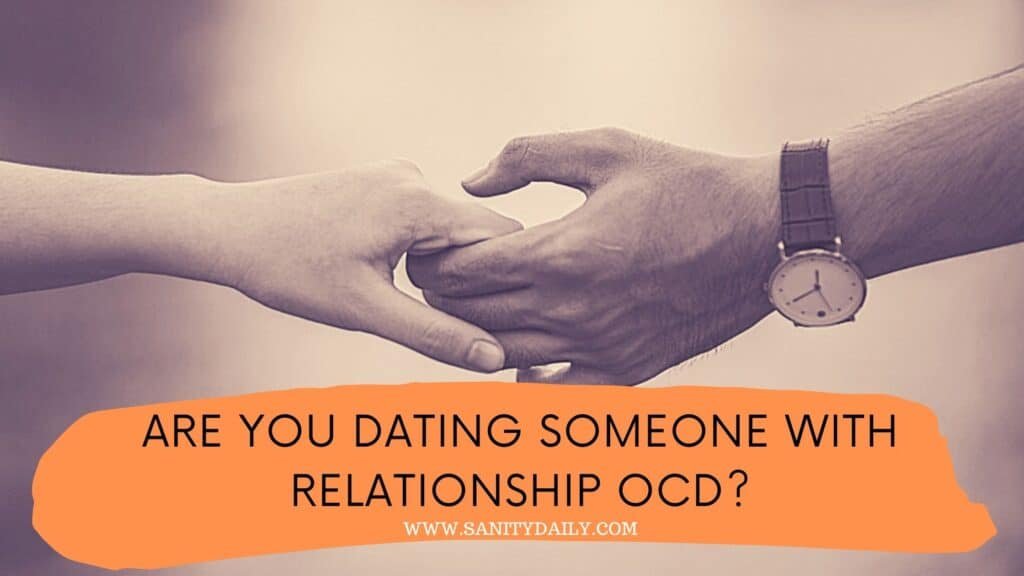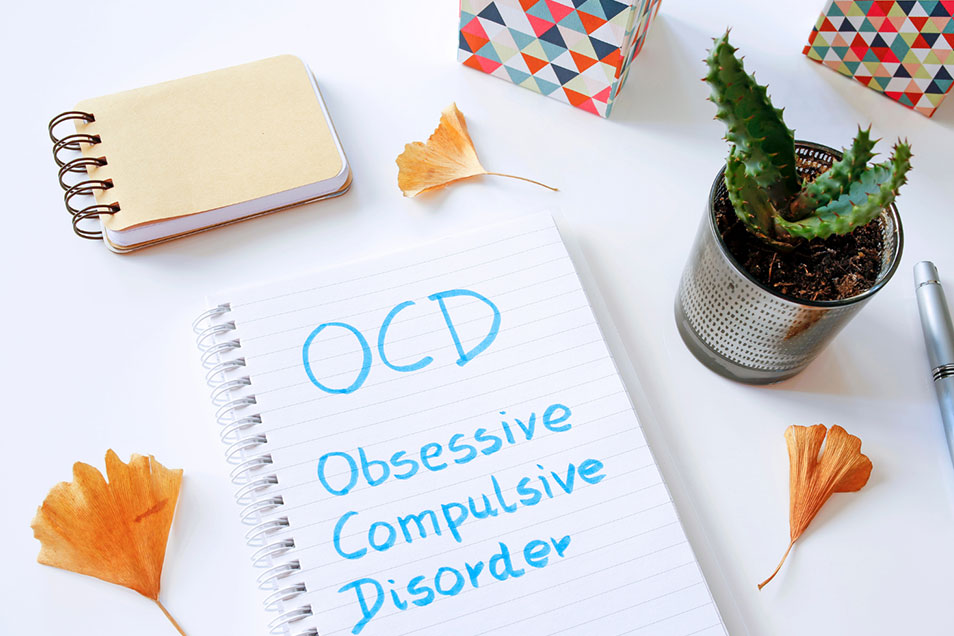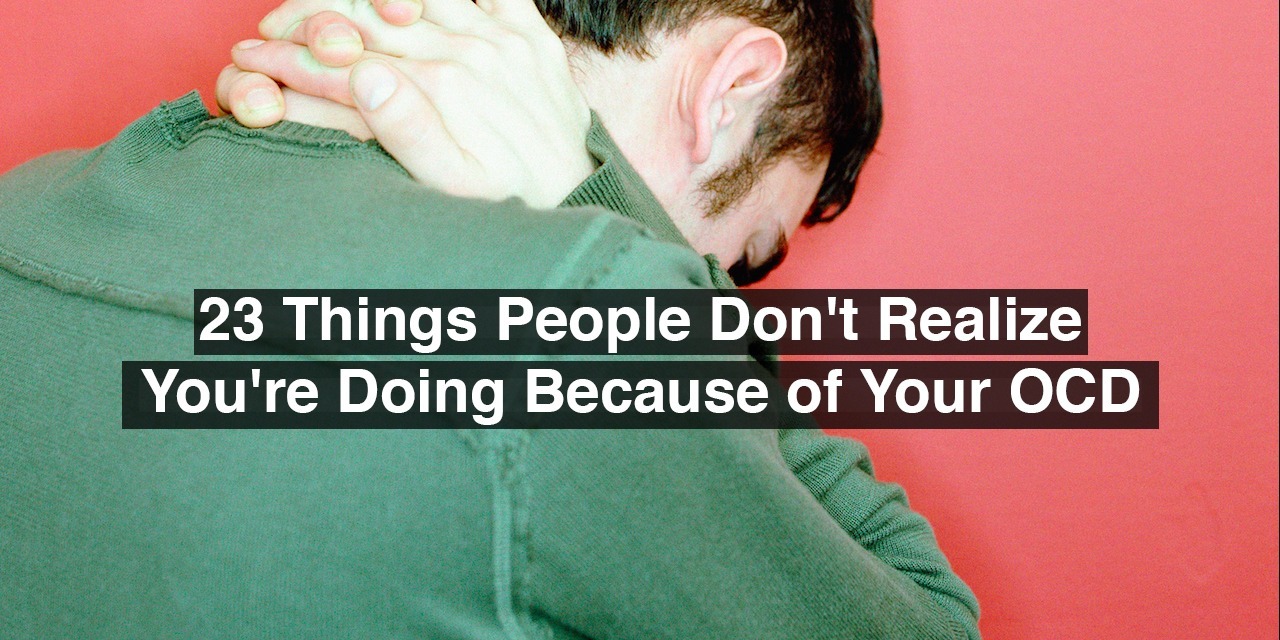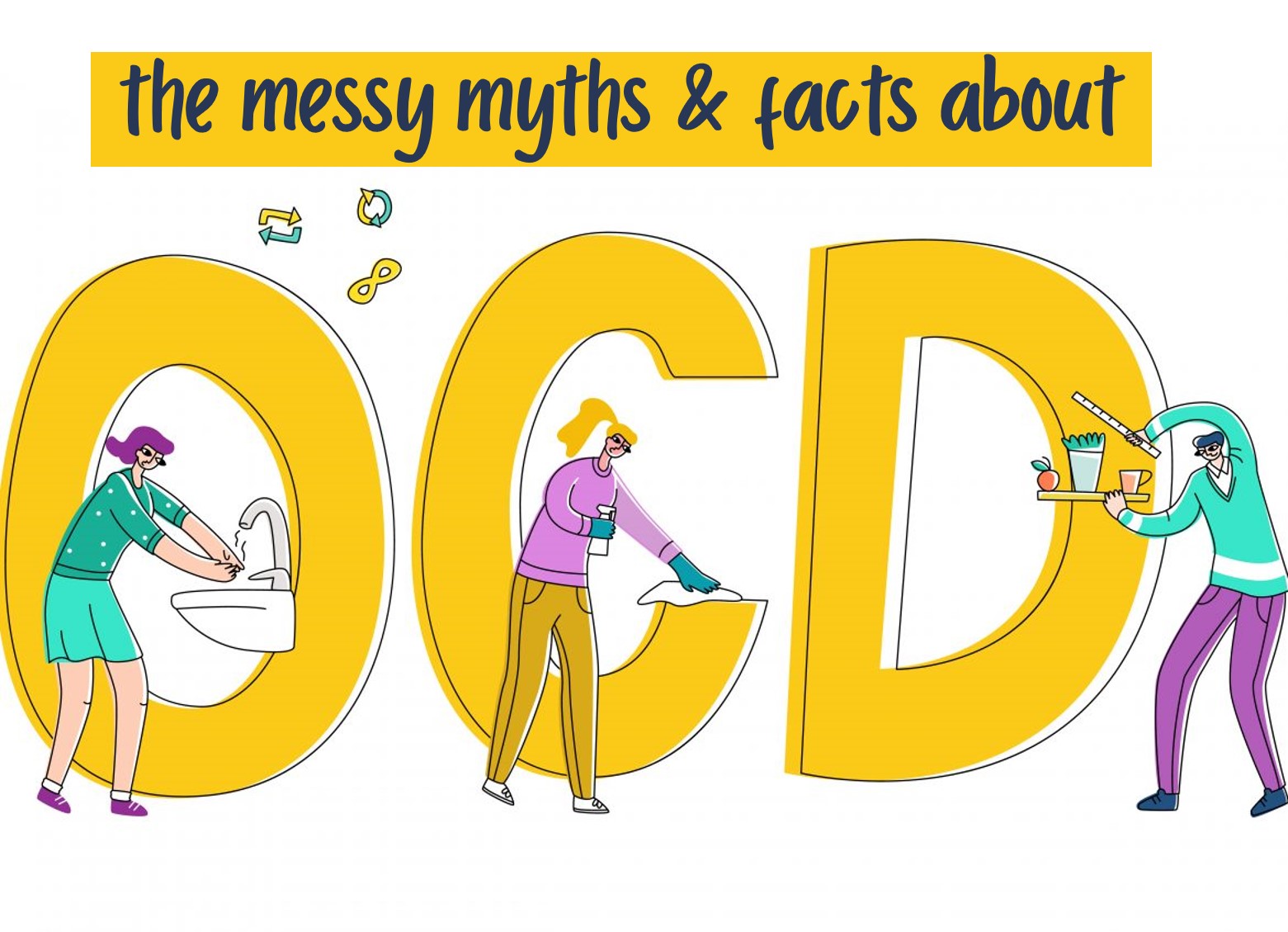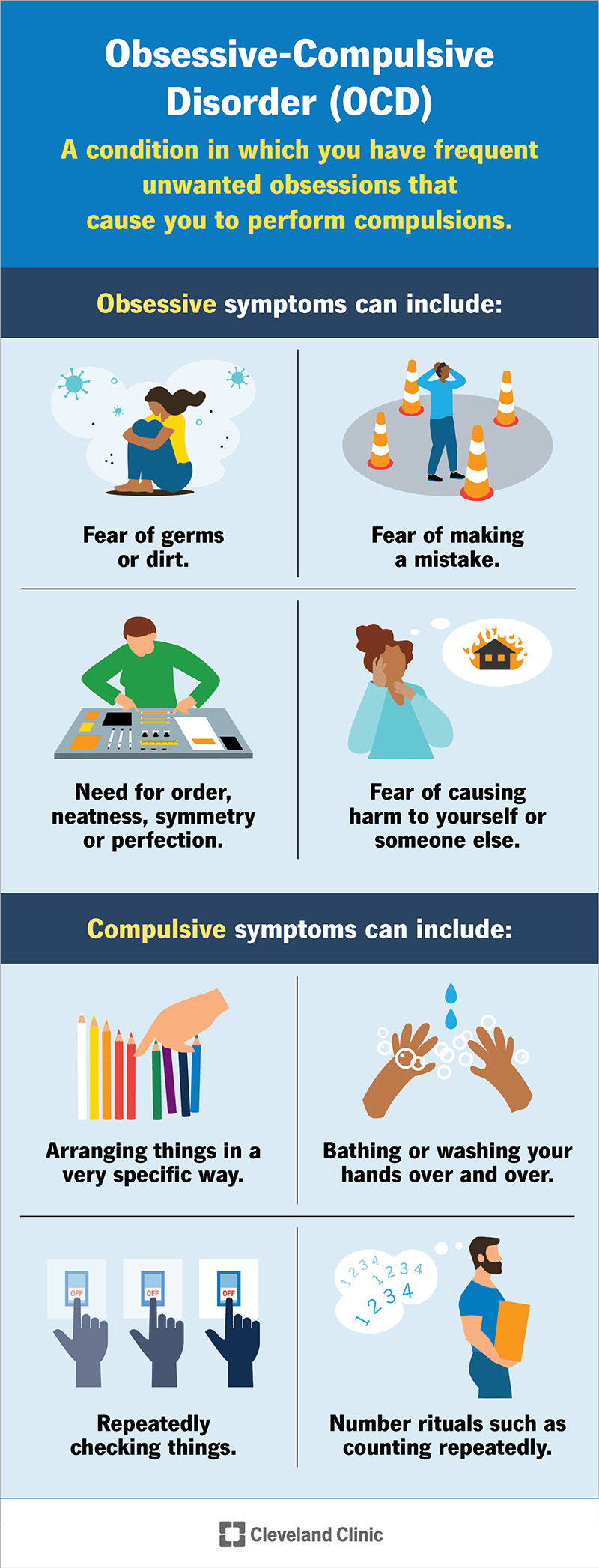Top Notch Info About How To Deal With Someone Ocd

Often, a mix of both treatments is most.
How to deal with someone with ocd. Emotional support is incredibly important, as it can help people to feel connected, protected and. Risk is an integral part of life, and as such it cannot be completely gotten rid of. Ocd is a treatable condition.
Avoid creating an enabling environment. This involves obsessions related to harm or violence toward oneself or someone else. Identify your triggers tip 2:
Table of contents what to expect healthy relationships ways you can support your partner caring for your own needs frequently asked questions although. This involves obsessions related to sexual. Once they set up appointments, you can help them.
Although it may seem reasonable to you, telling someone with ocd to stop worrying so much is not an effective strategy. If you’re living with a loved one with ocd, you’ve likely witnessed the above symptoms and complications in real life. Method 1 being supportive 1 support your loved one emotionally.
Avoiding situations, objects, or people that may trigger ocd behaviors. It can be tempting to try and accommodate your partner’s ocd by making big changes to your home, your routines,. A therapist’s guide to managing.
Some people may learn to cope with ocd alone, but most. The two main treatments for ocd are psychotherapy and medicines. The most common is cognitive behavioral therapy (cbt),.
How to deal with ocd: A professional can help your loved one manage their symptoms. Learn to resist ocd compulsions tip 3:
Reach out for support tip 5:. Sometimes, time apart will be. Several types of psychotherapy can be used to help someone with ocd manage obsessive thoughts.
Psychotherapy also is known as talk therapy. Part of the challenge for family members is that the best way to manage it is usually counterintuitive. Try to accept and understand that it may be hard for them to talk at first.
You don’t have to remain physically at the side of your loved with ocd all the time. Tips from therapists — talkspace mental health homepage conditions library how to deal with ocd: Challenge obsessive thoughts tip 4:


